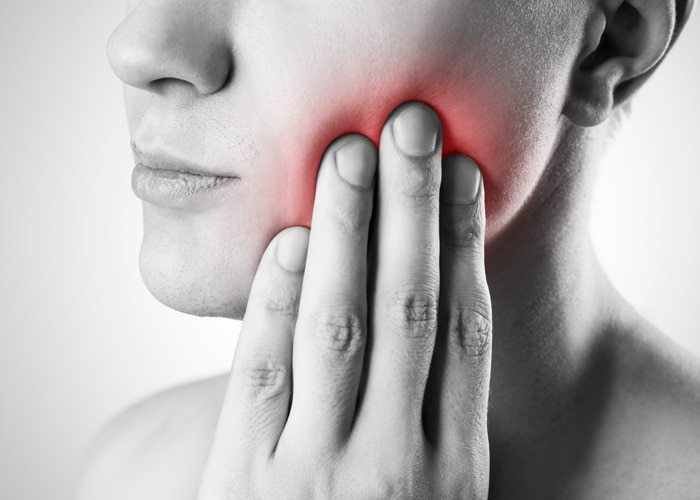Starting Them Young
Regular six-month dental checkups for children are recommended just to set up a guideline for how taking care of oral health should be. Dental visits are good for a child’s development – it instills responsibility, develops compliance, and sets them on the right track.
Regular cleanings are essential for small teeth. Cavities develop quickly and spread like wildfire in young teeth where the enamel is not hard enough and noticeable spaces between teeth are likely places where food can lodge. If there should be beginning cavities, steps should be taken to ensure there are not going to be many more. Hence, brushing twice a day and flossing at least once a day are routine. Parents should see to it that children are taught proper brushing and flossing procedures, until they can do them on their own, and reminded all the time until these become habits.
Parents should also limit their kids’ intake of sweets – candies, chocolates and fruit snacks. As a parent, you might think that gummy vitamins are good for children because that ensures they are taking daily vitamins. But actually, kids who snack on gummy vitamins tend to develop more cavities. Another helpful habit is to drink lots of water everyday. Water hydrates the mouth and washes away sticky sugar from teeth surfaces. However, soda and fruit juices and shakes are not as healthy as plain water. The timing for brushing is also habit-forming. Brushing at sunrise and before going to bed leave a healthier mouth and fresher and nice-smelling breath.
Auburn Dentist: Parents’ Guide to Kids Oral Health
Want to know more about how to keep your child’s oral health in top form? Pay us a visit at Auburn Avenue Dental and tell us about your little one’s special needs. We always have time to listen.



